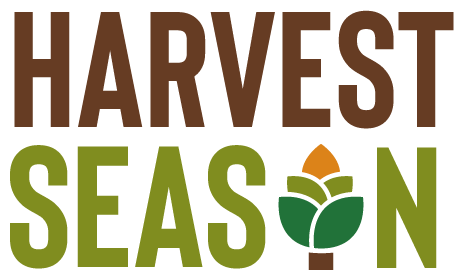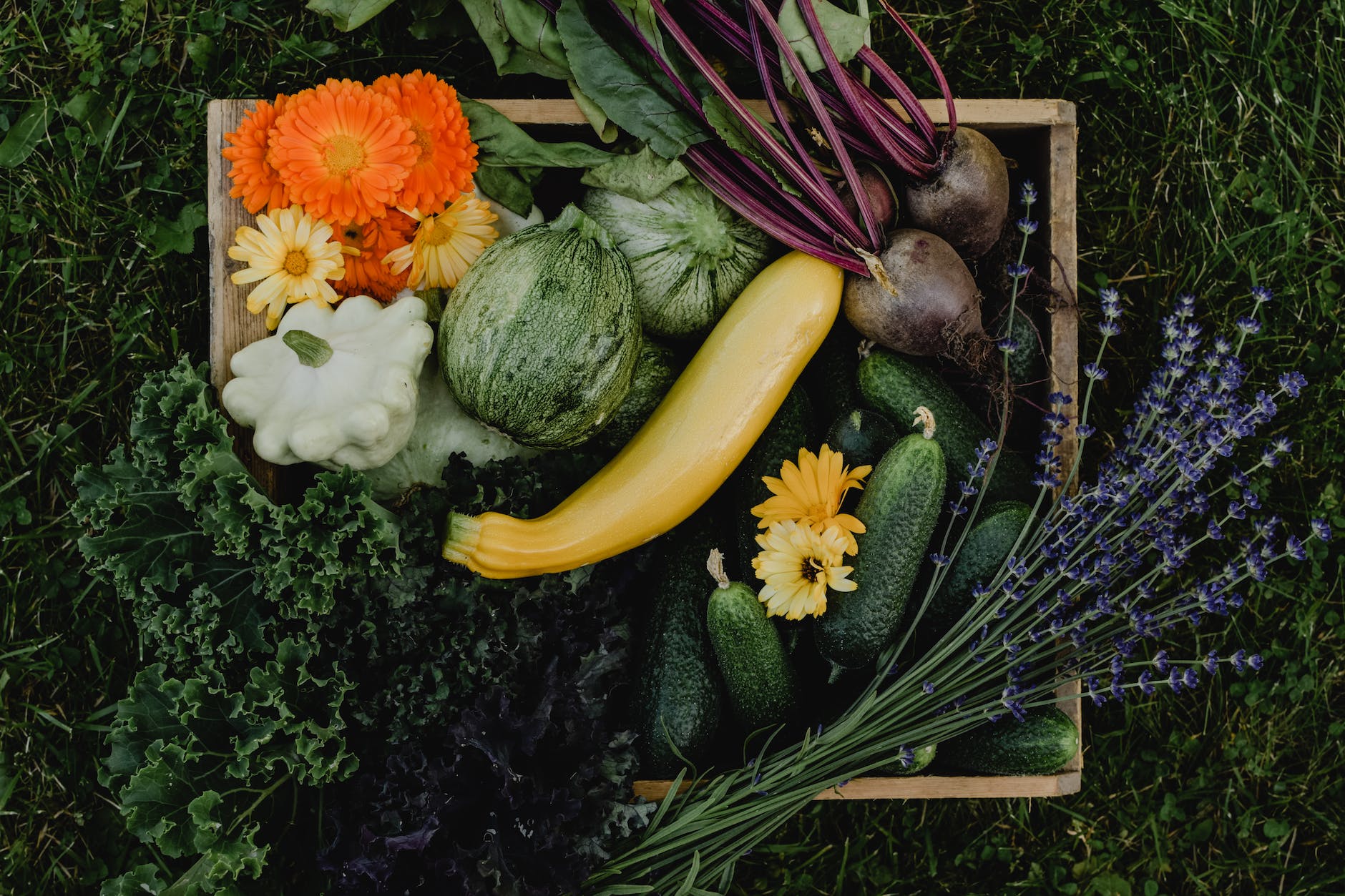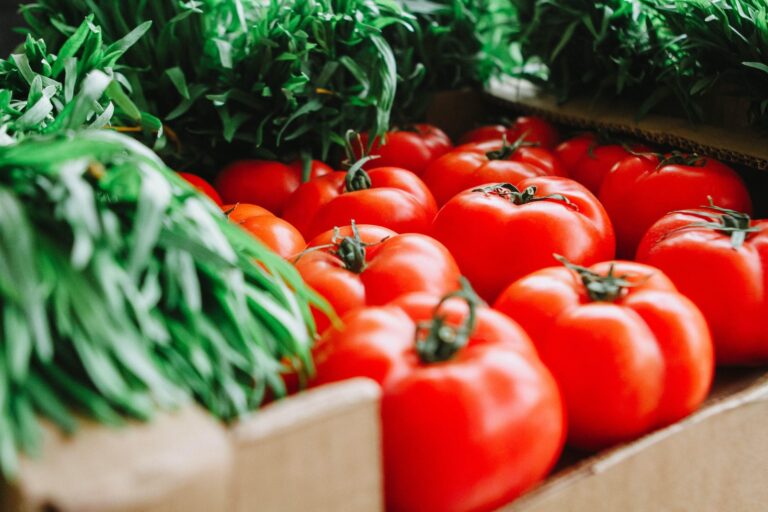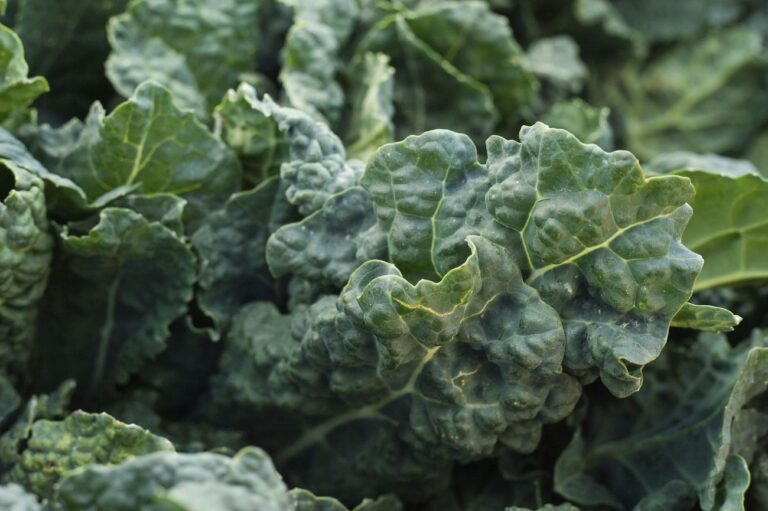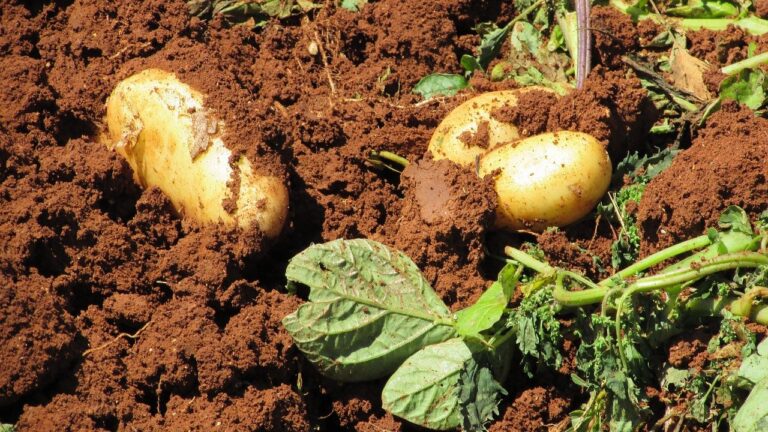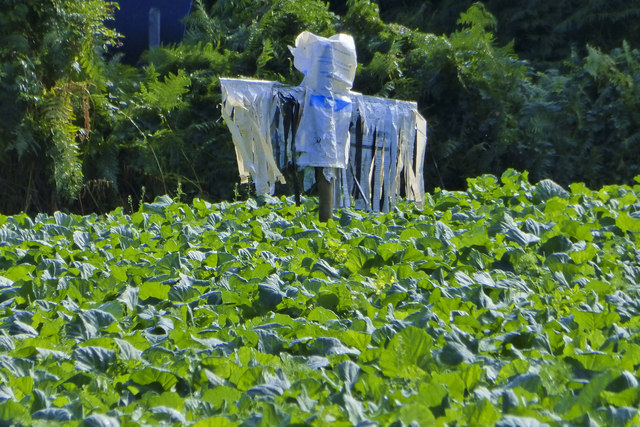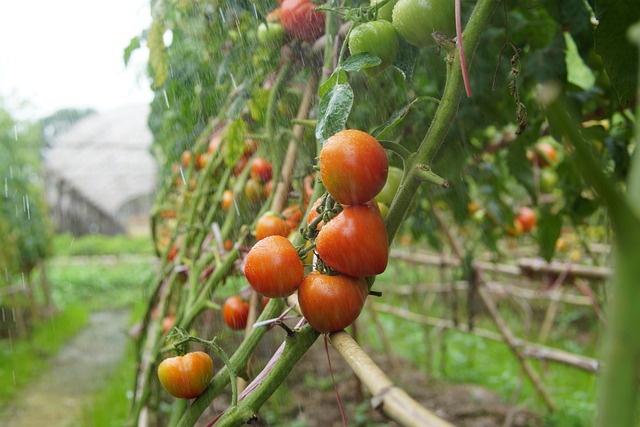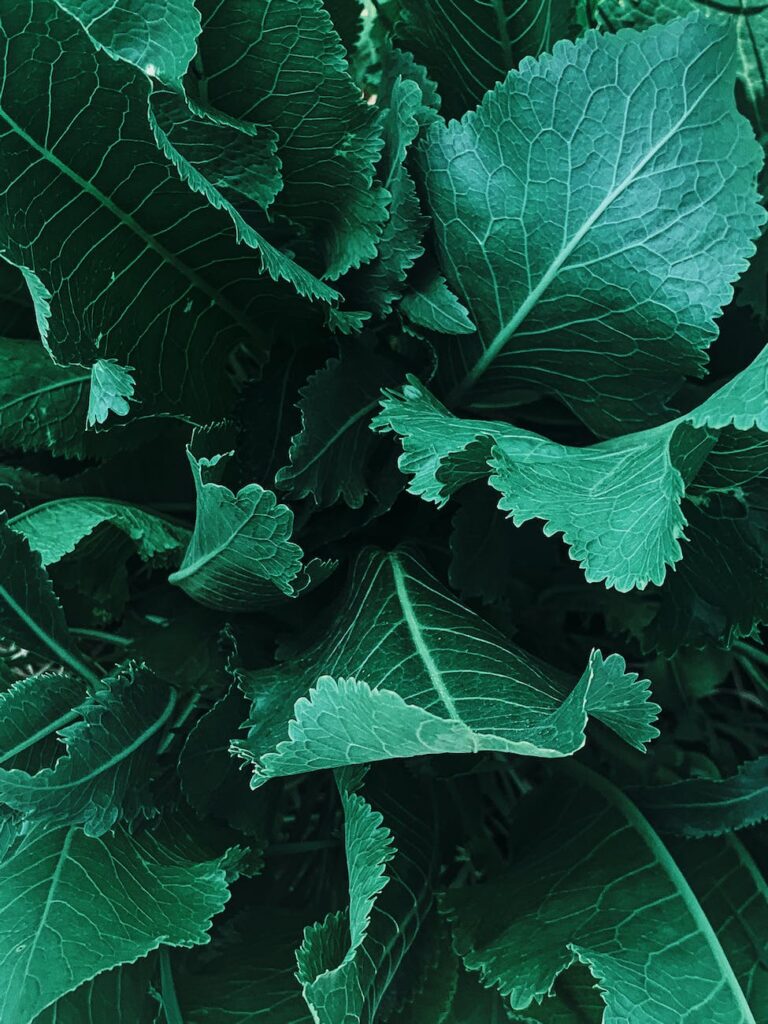Vegetable Farming in Kenya: A Comprehensive Guide
In Kenya, vegetables are a crucial component of the daily diet of most households. They are a vital source of essential vitamins and minerals that help to maintain good health.
Unfortunately, many people in Kenya rely on imported vegetables, which may be contaminated by pesticides or other harmful chemicals. This is why it is important for more Kenyans to start growing their own vegetables.
The Benefits of Growing Your Own Vegetables
Growing your own vegetables has numerous benefits that go beyond just providing fresh produce for your family’s meals. For one, it is an excellent way to save money since you won’t have to buy expensive produce from the market all the time. Additionally, you can control what goes into your vegetables as well as how they are grown.
You can use organic farming techniques and avoid harmful chemicals altogether. Growing your own vegetables can be a fun and rewarding experience that brings the whole family together while teaching kids about sustainability and healthy living practices.
By planting a vegetable garden at home, you can take control of what you eat while encouraging healthier habits among your loved ones. Therefore, with these benefits in mind, let us explore some tips on how to grow successful vegetable gardens in Kenya!
Climate and Soil Conditions for Growing Vegetables in Kenya
Exploring Kenya’s Climate Zones for Vegetable Farming
Kenya has a diverse climate ranging from tropical to arid, with various regions classified into different climate zones. Each climate zone has its own unique weather patterns and temperatures, which can directly affect the success of vegetable farming. In the hot and humid coastal region, vegetables such as capsicum, eggplant, okra, pumpkin, sweet potatoes and cassava thrive well.
The central highlands have a temperate climate suitable for growing maize, beans, cabbages, carrots and tomatoes among others. In the arid and semi-arid areas of northern Kenya suitable vegetables are sunflowers kale collards among others.
The Types of Soil Most Suitable for Vegetable Farming
The type of soil you use plays an essential role in determining the success of your vegetable farming venture. Different types of vegetables grow best in distinct types of soil. For example, leafy greens like kale and spinach grow best in sandy loam soils because they allow proper drainage.
Carrots prefer loamy soils rich in organic matter while tomatoes do well when grown on well-drained soils that are rich in nutrients like nitrogen (N) and phosphorus (P). Proper preparation is key to ensure that the soil is free from diseases or pests that can be harmful to your vegetables because it may lead to low yields or crop failure.In case you are unsure about your soil type or its suitability seek advice from a qualified agronomist who will recommend an appropriate test to be carried out.
Popular Vegetables Grown in Kenya
Vegetable farming is a popular agricultural activity in Kenya, and farmers grow a wide variety of vegetables depending on the type of soil and climate conditions. Some of the most commonly grown vegetables in Kenya include kale, spinach, tomatoes, onions, and carrots.
Kale
Kale is a leafy green vegetable that is packed with vitamins and minerals such as Vitamin A, Vitamin C, Calcium and Iron. It thrives well in cool seasons which are between March to August or September to January each year. Kale requires well-drained soils that are rich in organic matter like compost manure.
Spinach
Spinach is another leafy green vegetable that is very popular in Kenya. It’s also packed with essential minerals such as Iron that helps maintain healthy blood levels.
Spinach prefers temperatures between 15 – 27 degrees Celsius throughout the year with frequent watering for good yield. You can plant it from seeds or cuttings onto well-prepared beds and using cocopit peat for seedlings preparation for about three weeks before transplanting.
Tomatoes
Tomatoes are one of the most popular vegetables grown in Kenya due to their versatility in preparing different meals such as salads or soups. They thrive best when planted during warm seasons such as October through March when temperatures range between 20-27 degrees Celsius with enough sunlight exposure too.
Onions
The onion roots need loose soils so avoid waterlogging areas when planting them.. Plant them during cool dry periods which usually occur between March-August; make sure they receive enough sunlight exposure too.
Carrots
A nutrient-rich root vegetable like carrots can be easy to grow in most parts of Kenya. Carrots prefer well-drained soils with sufficient organic matter and compost manure before planting. They do well during cool seasons between May to September on the highlands and lowlands areas.
Growing these popular vegetables in Kenya can be a profitable venture for small-scale farmers. However, each vegetable has its own specific requirements for optimal growth and yield, so it’s important to do some research or seek advice from experienced farmers before starting.
Organic Farming Techniques for Vegetable Farming
The Benefits of Organic Farming
Organic farming is a great way to grow your vegetables without using harmful chemicals. This traditional farming technique has numerous benefits, including protecting the environment, promoting soil fertility and reducing pollution. Using organic farming methods means that you can produce healthy vegetables that are free from any harmful chemicals.
Composting as an Organic Fertilizer
Composting is one of the most important techniques used in organic farming. It involves decomposing organic materials such as vegetable and fruit waste, leaves, grass clippings etc. to create compost which can be used as a natural fertilizer for your vegetables.
Compost improves soil structure and nutrient content, allowing plants to grow healthier and stronger. It also helps retain moisture in the soil, which reduces the need for frequent watering.
Crop Rotation for Soil Health
Crop rotation is another important technique used in organic vegetable farming in Kenya. Crop rotation means planting different crops on the same land in consecutive seasons or years to improve soil health and reduce pests and diseases buildup.
Farmers should avoid planting the same crop repeatedly on the same plot since it leads to depletion of nutrients in the soil leading to poor yields over time. Crop rotation breaks pest cycles by interrupting their life cycles hence reducing pest damage on future crops.
Organic vegetable farming enables farmers to produce healthier foods while also preserving our environment by reducing pollution from chemical fertilisers and pesticides. Composting & Crop rotation are key practices that ensure sustainable food production while improving farm productivity & profits over time..
Pest Control Measures for Vegetable Farming
Overview of common pests that affect vegetable farming in Kenya
Vegetable farming in Kenya is a lucrative and rewarding venture, but it does come with its set of challenges. One of the biggest challenges that farmers face is dealing with pests.
Most pests are attracted to vegetables due to their high nutrient content, making them an easy target for infestation. Some common pests that affect vegetable farming in Kenya include aphids, caterpillars, whiteflies, and thrips.
Explanation on how to control pests using natural methods
Using chemical pesticides can be harmful to both the environment and humans who consume the vegetables. Therefore, it’s best to use natural pest control measures that are not harmful but effective nonetheless.
One effective method is crop rotation whereby different crops are planted after every season so as to break any cycle of infestation by specific pests or diseases. Another natural way of controlling pests is through companion planting whereby pest repellent plants such as marigolds are planted alongside the vegetable crops in order to deter them away from eating plants.
Additionally planting herbs such as mint or rosemary surrounding gardens can help deter insects away from attacking your garden. Using organic insecticides made from garlic or neem oil can also help control pest infestations without harming the plants themselves.
There are various natural ways farmers can control pest infestations and protect their vegetable crops without using harmful chemical pesticides that harm both human health and the environment as a whole. It’s essential for Kenyan farmers to prioritize sustainable agriculture practices that support long-term food production and healthy soil ecosystems while maintaining yields at optimal levels.
Harvesting and Storage Techniques for Vegetables
Explanation on when to harvest different types of vegetables
One of the most important things to know when growing vegetables is when to harvest them. This can vary depending on the type of vegetable, so it’s important to do your research beforehand.
For example, leafy greens like kale and spinach should be harvested when the leaves are young and tender, whereas root vegetables like carrots and onions should be left in the ground until they are fully mature. Tomatoes should be picked when they are fully red and firm, while peppers can be harvested at any stage of ripeness.
Tips on proper storage techniques to ensure longer shelf life
Once you’ve harvested your vegetables, it’s important to store them properly in order to extend their shelf life. For leafy greens like kale and spinach, it’s best to store them in a plastic bag with a damp paper towel inside – this will help keep them fresh for up to a week.
Root vegetables like carrots and onions should be stored in a cool, dark place such as a root cellar or pantry. Tomatoes and peppers can be stored at room temperature for a few days before they start to spoil – just make sure not to overcrowd them or stack them on top of each other.
Another great way to extend the shelf life of your vegetables is by freezing them. This is especially useful if you have an abundance of produce that you won’t be able to eat before it goes bad.
Simply blanch the vegetables (boil for 1-2 minutes), drain well, then place in freezer bags or containers with as much air removed as possible before freezing. With these harvesting and storage techniques, you’ll be able to enjoy your home-grown vegetables all year round!
Marketing Your Vegetable Produce
Exploring Marketing Channels for Kenyan Farmers
Growing vegetables can be a profitable business venture, but it’s not just about producing high-quality crops. To make a profit, you need to sell your produce through the right channels. There are several marketing channels available to Kenyan farmers, including local markets, supermarkets and online platforms.
Local markets are ideal for farmers who are just starting out since they are easy to access and require minimal investment. The downside is that there is often stiff competition from other farmers who have been in the industry for a while.
Supermarkets are ideal for farmers who can produce large quantities of high-quality produce consistently. The downside is that they often require strict quality control measures that may be difficult for small-scale farmers.
Tips on Packaging Your Produce Attractively
Packaging your vegetable produce attractively can help you stand out in local markets or other selling points and attract more customers. It’s important to keep the packaging simple yet informative so that customers know exactly what they’re buying. You can use clear plastic bags to show off your vegetables’ colors and textures or opt for branded brown paper bags with your farm’s logo on them.
Be sure to label each package with relevant information such as the name of the vegetable, its price per kilogram or pound, and its origin (i.e., which region you grew it in). You could also include cooking suggestions or recipes ideas if possible.
When packaging leafy vegetables like spinach or kale, make sure all loose leaves are removed before bagging them up. For root vegetables like potatoes and carrots, clean them thoroughly before packing them into bags.
Kenyan vegetable farming has great potential if done properly with attention paid not only to cultivation but also post-harvest handling and marketing strategies suitable for different contexts such as local markets supermarkets or online stores. By following the tips provided in this article, you can increase your chances of success as a farmer and make a decent livelihood out of growing vegetables.
Conclusion
Growing vegetables in Kenya has multiple benefits. One of the most significant advantages is that it provides a healthy source of food for families and income for farmers.
Vegetables are packed with nutrients, vitamins, and minerals essential for maintaining good health. By growing your own vegetables, you can reduce your grocery costs and ensure that you eat fresh produce free from artificial chemicals and preservatives.
In addition to being a healthy practice, vegetable farming is also a profitable venture. With proper planning and implementation of organic techniques, farmers can generate substantial income from their agricultural activities. Growing vegetables can be done on small plots of land even in urban areas hence making it convenient for everyone.
It is important to note that vegetable farming requires hard work, patience, dedication, and proper knowledge about the best practices for each vegetable variety grown in Kenya. Nevertheless, with the right resources available such as quality seeds or seedlings coupled with proper market channels like local markets or online platforms , anyone interested in vegetable farming can get started easily.
So go ahead; grab some gardening tools and start growing your vegetables today! You will not only benefit from fresh veggies but also generate some income from selling the surplus yield!
